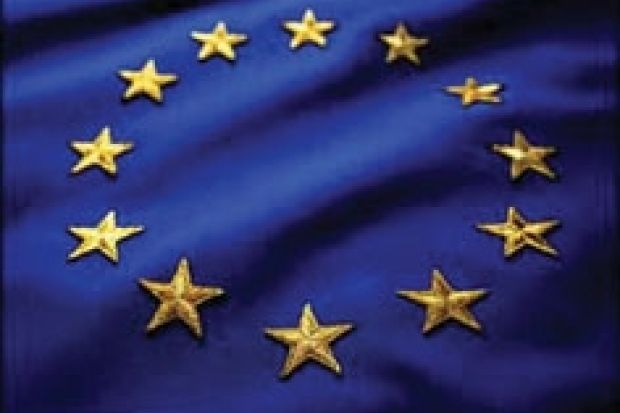The highlight of the school year in France near the Pyrenees is Carnival Day, when the children from five or six village schools parade through the streets in special handmade costumes while their parents (and anyone else who happens to be there) form an appreciative crowd. The day is preceded by months of preparation involving research, design and implementation. But for the children it is not learning but rather a natural process of organising an enjoyable event. As Plato says, education should have the form of play - forced learning never sticks.
This year, the children in my village were following an Australia theme. The French love Australia, which Louis Aleno de Saint Aloüarn explored in 1772 (although, unfortunately, he died on the way back before telling anyone). The children’s preparation involved learning a little bit about the geography of the country, but it focused mostly on Aboriginal art. The outfits for the carnival had sophisticated designs using those characteristic “dotty” backgrounds and shadow forms of turtles and lizards. Every child’s costume was unique and individual to them while also being part of a more general shared effort.
The high point of the primary school year in the UK, by contrast, is Sats day, when children take the national curriculum tests. Other than that, there is only sports day. Both are competitive affairs, although at least one involves amusing sights such as the egg-and-spoon race.
Of course, thanks to globalisation, what now goes on in French education is not so different from what goes on everywhere else once you leave the “exam-proof” years of the under-11s. It is drill and practice, followed by tests. Even if Rousseau thought that the child develops in stages and that the whole of primary education is best left as a time of discovery and excitement, that is not what governments want.
This is because, these days, education is for educationalists and philosophy is for philosophers, and never the twain shall meet. When the philosopher Stephen Law produced a well-publicised critique of education called The War for Children’s Minds (2006), he forgot to mention Rousseau, or Piaget…or Plato. He warned instead of irrational, religious indoctrination.
But over the past few decades, the real “war for children’s minds” has been between progressive and what some might term regressive methods of education. Naturally, in the UK, the regressives won. Curriculum documents in England and Scotland contain much about “raising levels of achievement” - by which they mean test results in maths, science and English - which is seen as essential to creating a booming economy. Meanwhile the “foolish” Germans and Dutch emphasise child-centred education and holistic development - cognitive, social and emotional.
Last month, Sir Michael Wilshaw, the UK’s chief inspector of schools, poured scorn on academics who have questioned government policy on education at the same time as he urged teachers to ensure that young children use commas correctly.
But is that really what education is about? By contrast, I was astonished to see when I visited my local school in France that all the children have little beds for afternoon naps and that lunch is a leisurely three-course affair with menus.
Rousseau is behind it, you see. He writes in Emile: or On Education: “Do not save time, but lose it…The mind should be left undisturbed till its faculties have developed.” He adds: “You are afraid to see him spending his early years doing nothing. What! Is it nothing to be happy, nothing to run and jump all day? He will never be so busy again all his life long.”
Register to continue
Why register?
- Registration is free and only takes a moment
- Once registered, you can read 3 articles a month
- Sign up for our newsletter
Subscribe
Or subscribe for unlimited access to:
- Unlimited access to news, views, insights & reviews
- Digital editions
- Digital access to THE’s university and college rankings analysis
Already registered or a current subscriber?
